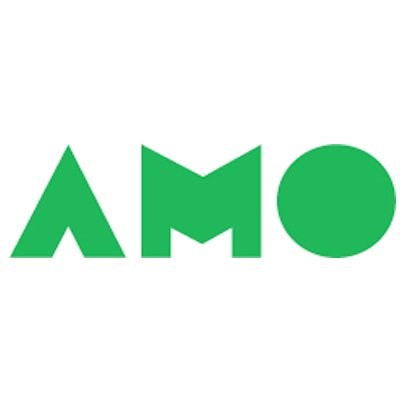After 20 years, the City of Toronto is once again a member of the Association of Municipalities of Ontario.
The province's biggest city left the influential municipal group in 2004 when then-mayor David Miller convinced Toronto's city council to suspend all activity with AMO after a disagreement over the association's efforts to create rules requiring the provincial and federal government to consult with it on municipal issues.
"We don't speak through proxies, we speak for ourselves," Miller said at the time.
During a meeting of Toronto's executive committee in December, the city reversed that decision.
"We are back to joining AMO," Mayor Olivia Chow said at the meeting where councillors approved a motion to rejoin AMO.
"Good things take time," she added.
This is a boost in political clout for AMO, which already counts 422 of Ontario's 444 municipalities as members. It made sure to welcome Toronto back during speeches at the conference hosted this week by its sister organization, the Rural Ontario Municipal Association.
In a report to Toronto's council, city staff addressed Miller's original concern that membership in AMO would take away the city's ability to independently advocate for its own interests. Staff concluded that it is important that Toronto "retain its direct government-to-government relationships" with the governments of Ontario and Canada to make sure its priorities "are not mediated through AMO" or lost among the interests of the group's members.
"As a broad-based and member-driven organization, AMO could not be expected to fully articulate and represent all of Toronto's interests," the report reads.
Currently, both AMO and Toronto have agreements with the province in which the government has pledged to consult with them on any potential legislation or regulatory changes that might significantly impact municipalities' finances, and include them in negotiations with the federal government on issues that "have a direct municipal impact," such as immigration, housing and municipal infrastructure.
Nonetheless, the city concluded that "membership in AMO will help to reinforce Toronto's role as a leader and collaborator in the municipal sector while ensuring other levels of government continue to recognize the unique challenges and opportunities of the city."
Toronto's AMO membership became official on Jan. 1. Details about its reintegration back into the group and its government structure are still being confirmed.
When the metropolis left the organization, AMO passed bylaws setting out the criteria for Toronto's possible return, including allocating a maximum of four seats to Toronto on its 43-member board of directors.
After canvassing city council for volunteers, Toronto has proposed that Deputy Mayor Jennifer McKelvie, councillors Paul Ainslie, Rachel Chernos Lin, and Chris Moise sit on the AMO board. Their plan is to participate within the AMO board as a "Toronto caucus," complete with their own caucus chair. This, however, is still under negotiation and will need to be approved by AMO's board at its next meeting, where the Toronto councillors will be invited to participate.
The membership will cost Toronto's municipal government $160,000 in 2025, calculated based on the number of households in the city.




